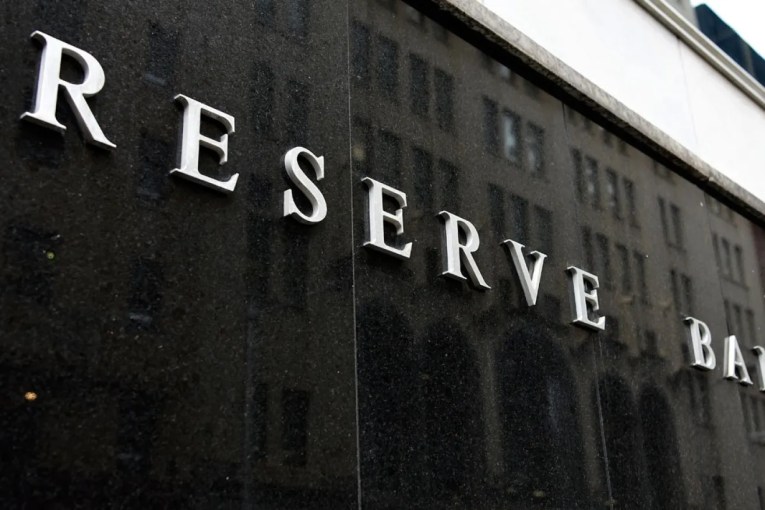Ask the Expert: How to maximise your super return – and do taxes ever come to an end?


When does it end? Unfortunately, paying some tax is usually inevitable. Photo: Getty
- Question 1: When do you stop paying tax?
Death and taxes. It can sometimes take the former to stop the latter.
Basically, you stop paying income tax when you stop earning enough taxable income.
In Australia the ‘tax-free threshold’ is $18,200.
However, when you take into account things like the low income tax offset and the seniors offset, the ‘effective tax-free threshold’ is actually higher.
For those below age pension age the figure is $21,885 (for 2022-23). For seniors its $33,089 for singles and $59,568 for a senior couple combined.
If you need to work out whether to lodge an income tax return, you can use the ATO online tool.
- Question 2: I am 59 and my husband is 57. We recently married and have seven children between us, one is 15. We live on a 650K loan on a property estimated at two million a year ago, it is in a desirable beach location. I earn 150K net per year and he earns 90K gross per year, but both only have low super accounts of less than 200K each as we have both spent long periods of time self employed. We are wondering how to maximise our income to generate more wealth for retirement. As we are older, we would both like to look at working less in the next 10 years. Do we just stick to putting more into our super? Would it be sensible to add to our portfolio by using equity to buy an investment property as well? Thank you
Working for another 10 years does give you plenty of time to save additional funds for retirement.
Generally, yes, ramp up your pre-tax superannuation contributions as much as you can.
The annual super concessional cap (pre tax) is $27,500. This includes your employer SG and salary sacrifice contributions.
However, as you have balances below $500,000 you can both take advantage of the carry-forward contribution rules. This is where you can use your unused prior concessional cap from previous years. You therefore probably have a very large amount you can contribute and still stay within your cap.
You can check your individual caps under the ‘carry-forward concessional contributions’ tab in MyGov (see screenshot below).
This is exactly the situation the carry-forward rules were brought in for. Those with low to middle super balances that haven’t had the opportunity to save for retirement, can accelerate their contributions for retirement in a tax-effective way.
You may also want to consider receiving financial advice over this as well as other relevant topics as you approach retirement such as:
- Whether you will stay in your current property
- When to repay the loan
- How much income do you need/want to live on in retirement, and how much do you need to save to achieve this?
- Question 3: I conduct my self-managed super fund which is in a pension mode. It has been grandfathered since the law changed. Being grandfathered, the pension is not counted as income for the Commonwealth Seniors Health Card. Over the past few years, the government appear to be hell-bent on getting rid of grandfathering. With the new rules for increase to $90,000 in your own name, is grandfathering likely to be affected? Vince, 84
Hi Vince,
Firstly, some background, the Commonwealth Seniors Health Card (CSHC) is determined only by an income test, no asset test.
The income test for the CSHC includes adjusted taxable income and deemed income from superannuation pensions (account-based pensions).
The income limits have recently been increased and they are very generous. For singles, you can earn up to $90,000 per annum, and $144,000 for couples.
However, as you point out there are ‘grandfathered’ superannuation income streams which don’t get deemed or counted at all under the income test. These were income streams commenced before January 1, 2015 (and for those that were already in receipt of the CSHC).
If you change pension providers or temporarily lose access to the CSHC then your grandfathering is lost. However, the government has not made any announcement to end grandfathering altogether.
Craig Sankey is a licensed financial adviser and head of Technical Services & Advice Enablement at Industry Fund Services
Disclaimer: The responses provided are general in nature, and while they are prompted by the questions asked, they have been prepared without taking into consideration all your objectives, financial situation or needs.
Before relying on any of the information, please ensure that you consider the appropriateness of the information for your objectives, financial situation or needs. To the extent that it is permitted by law, no responsibility for errors or omissions is accepted by IFS and its representatives.
The New Daily is owned by Industry Super Holdings








